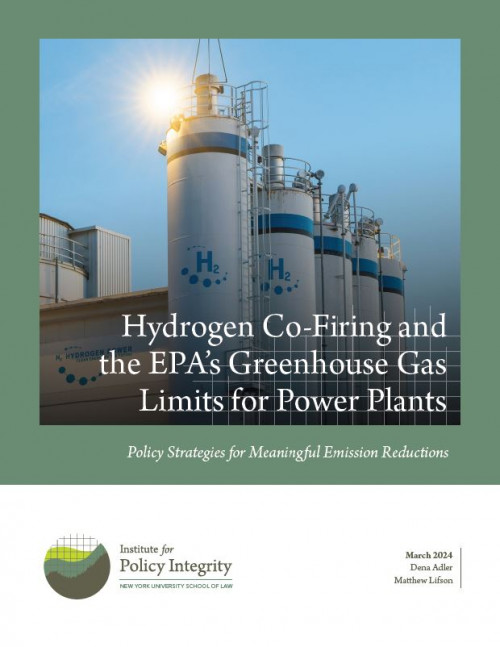-
Hydrogen Co-Firing and the EPA’s Greenhouse Gas Limits for Power Plants
Policy Strategies for Meaningful Emission Reductions
In May 2023, EPA proposed new limits for carbon dioxide emissions from fossil fuel-fired power plants. The proposed rule reflects a decade of careful development from EPA and embraces an approach consistent with the Supreme Court’s ruling in West Virginia v. EPA. In order to follow that approach, EPA based the limits for certain natural gas-fired turbines on the emission reductions achievable through hydrogen co-firing (i.e., burning a blend of natural gas and hydrogen). Unlike fossil fuels, hydrogen does not release CO2 when burned, but producing hydrogen can cause significant greenhouse gas (GHG) emissions depending on how its produced. Given these potential emissions, it is important to consider what type of hydrogen a power plant will co-fire with—otherwise this approach to reducing emissions could exacerbate climate change. This report explains the role of hydrogen co-firing in EPA’s proposed rule, discusses how EPA should design its final rules to achieve the specified GHG-reduction goals, and highlights additional actions that EPA and other regulators can take to further minimize the emissions (and the resulting climate harm) from hydrogen co-firing.
-
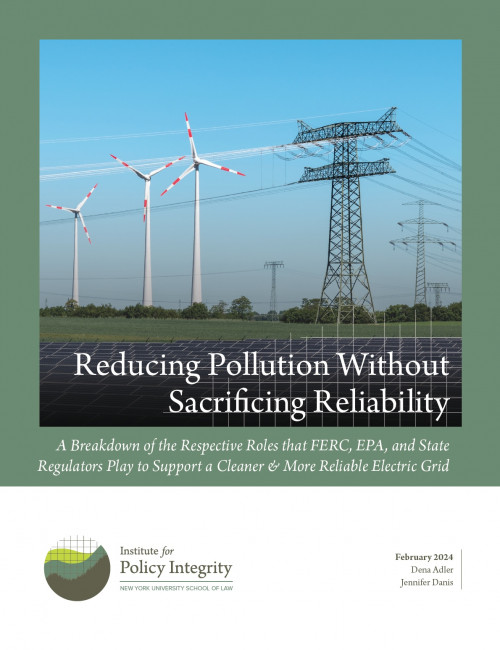
Reducing Pollution Without Sacrificing Reliability
A Breakdown of the Respective Roles that FERC, EPA, and State Regulators Play to Support a Cleaner & More Reliable Electric Grid
Multiple federal and state regulators must coordinate their efforts to ensure electric grid reliability, particularly during a period of major transition, and it is important to understand what role each of them plays. This report reviews the respective roles of FERC, RTOs/ISOs, other transmission operators, state public utility commissions, and state environmental regulators. EPA’s duty to reduce GHG emissions that endanger public health and FERC’s duty to steward grid reliability will require them to coordinate each other’s respective expertise as they work with RTOs/ISOs, state regulators, and utilities to implement EPA rules.
-
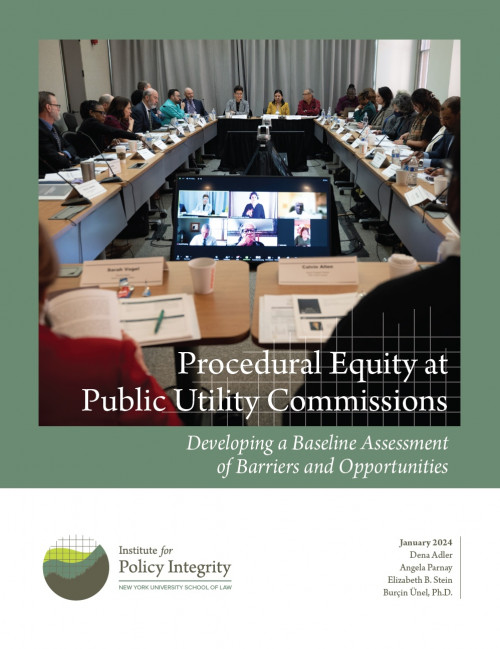
Procedural Equity at Public Utility Commissions
Developing a Baseline Assessment of Barriers and Opportunities
Combatting climate change will require major transitions in the energy sector. In the United States, state-level entities like public utility commissions play a key role in this transition. Commissions help decide where and when clean energy displaces fossil-fuel combustion, and how costs associated with energy system investments are passed on to consumers, so their actions can affect emissions outcomes as well as the health, energy, environmental, and affordability burdens faced by disadvantaged communities. Although many Commission processes incorporate some form of stakeholder input or participation, it is often difficult for the public to participate due to the technical and complex nature of these proceedings. These challenges present a procedural justice issue. In this report, we reviewed a range of practices for enhancing procedural justice at Commissions in nine states. This review was based on a structured survey of Commissions’ websites, resources available to prospective participants, and relevant statutes and regulations.
-
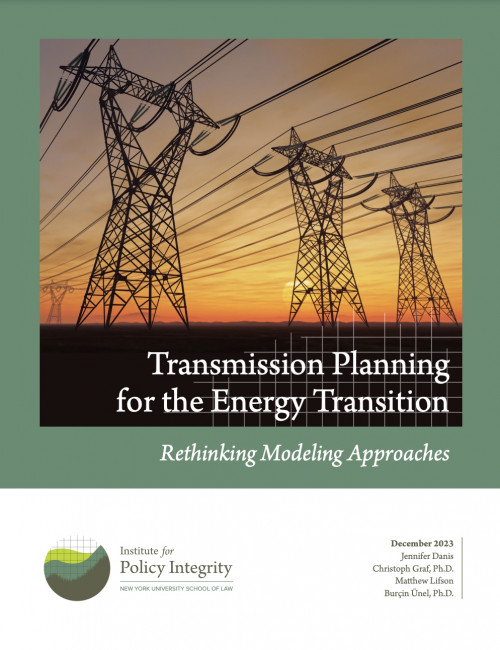
Transmission Planning for the Energy Transition
Rethinking Modeling Approaches
This report examines the critical role of modeling details and assumptions that transmission planners frequently ignore. We first provide an overview of the wide array of choices planners have when designing traditional transmission planning models. We then discuss how planners need to rethink these choices to account for the rapidly evolving energy system and the additional uncertainties climate change brings. Finally, we present a modeling case study to show how important these modeling choices could be for transmission outcomes.
-
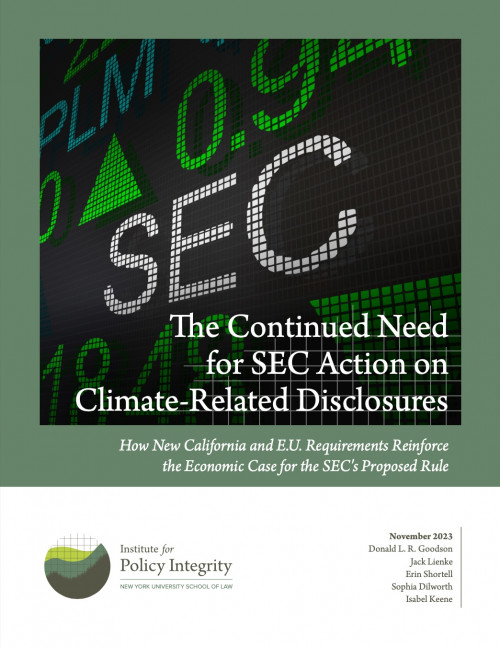
The Continued Need for SEC Action on Climate-Related Disclosures
How New California and E.U. Requirements Reinforce the Economic Case for the SEC’s Proposed Rule
On March 21, 2022, the Securities and Exchange Commission (SEC) proposed a rule that would require SEC registrants (both domestic and foreign) to provide climate-related disclosures in certain SEC filings. Since the release of the SEC Proposal in March 2022, other jurisdictions, including California and the European Union, have adopted climate-related disclosure regimes. Like many federal rules, the SEC Proposal included an assessment of its costs and benefits. This report examines how the California and E.U. disclosure regimes may affect the baseline for that cost-benefit analysis and, consequently, the SEC’s assessment of the incremental costs and benefits of its proposal. Overall, we find that the new disclosure regimes do not undermine the economic case for the SEC Proposal; if anything, they bolster it.
Viewing all publications in Research Reports

